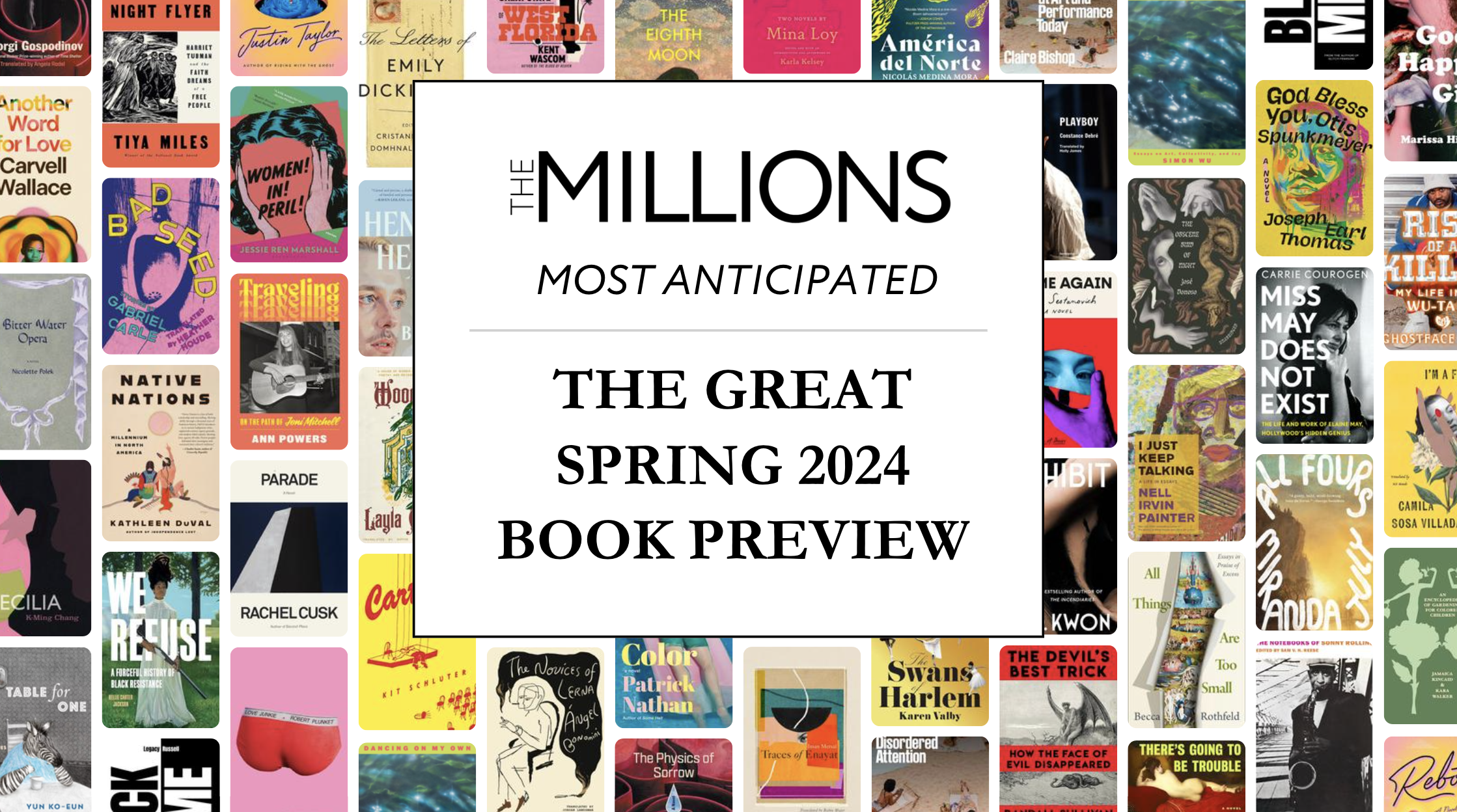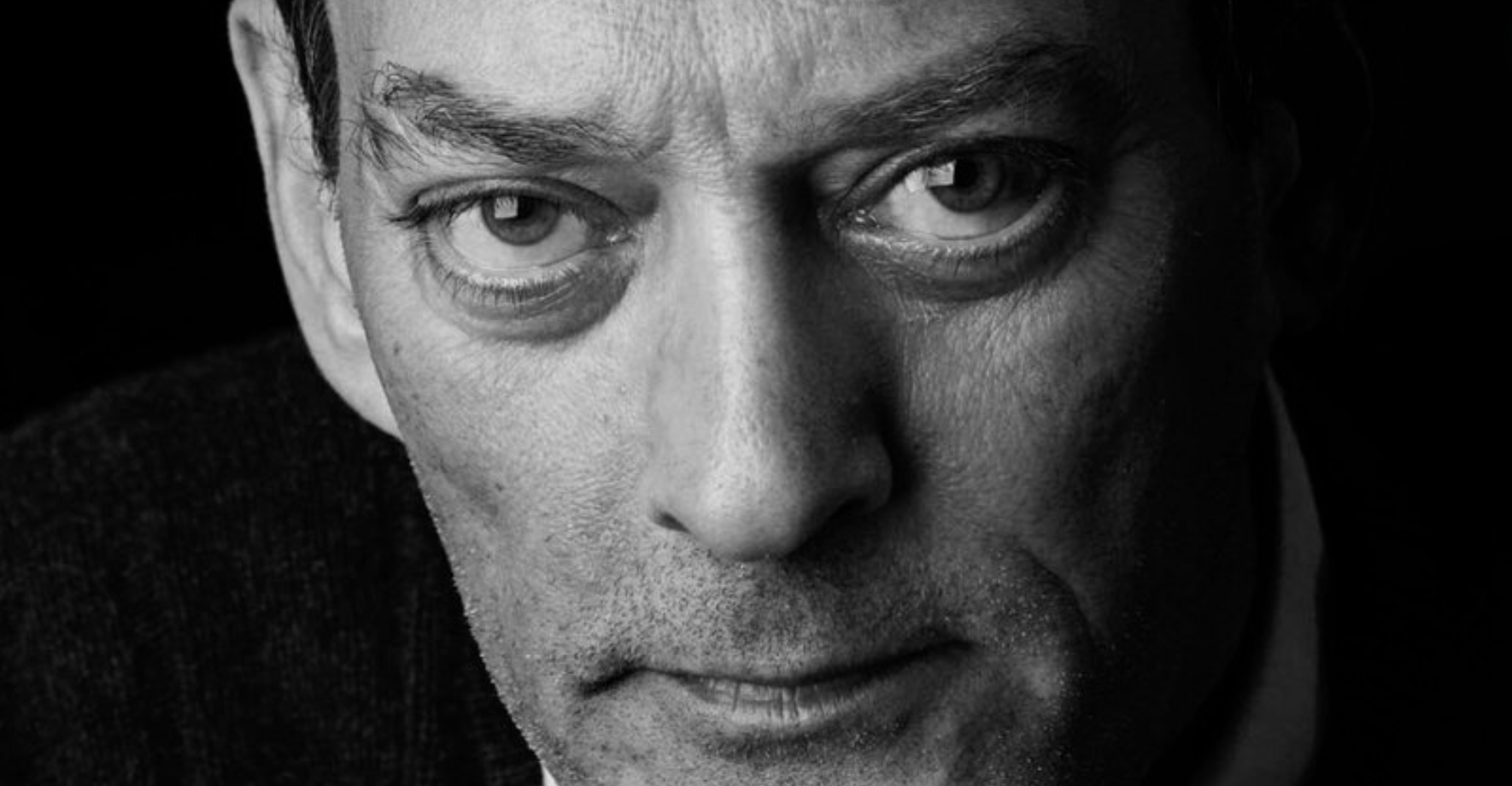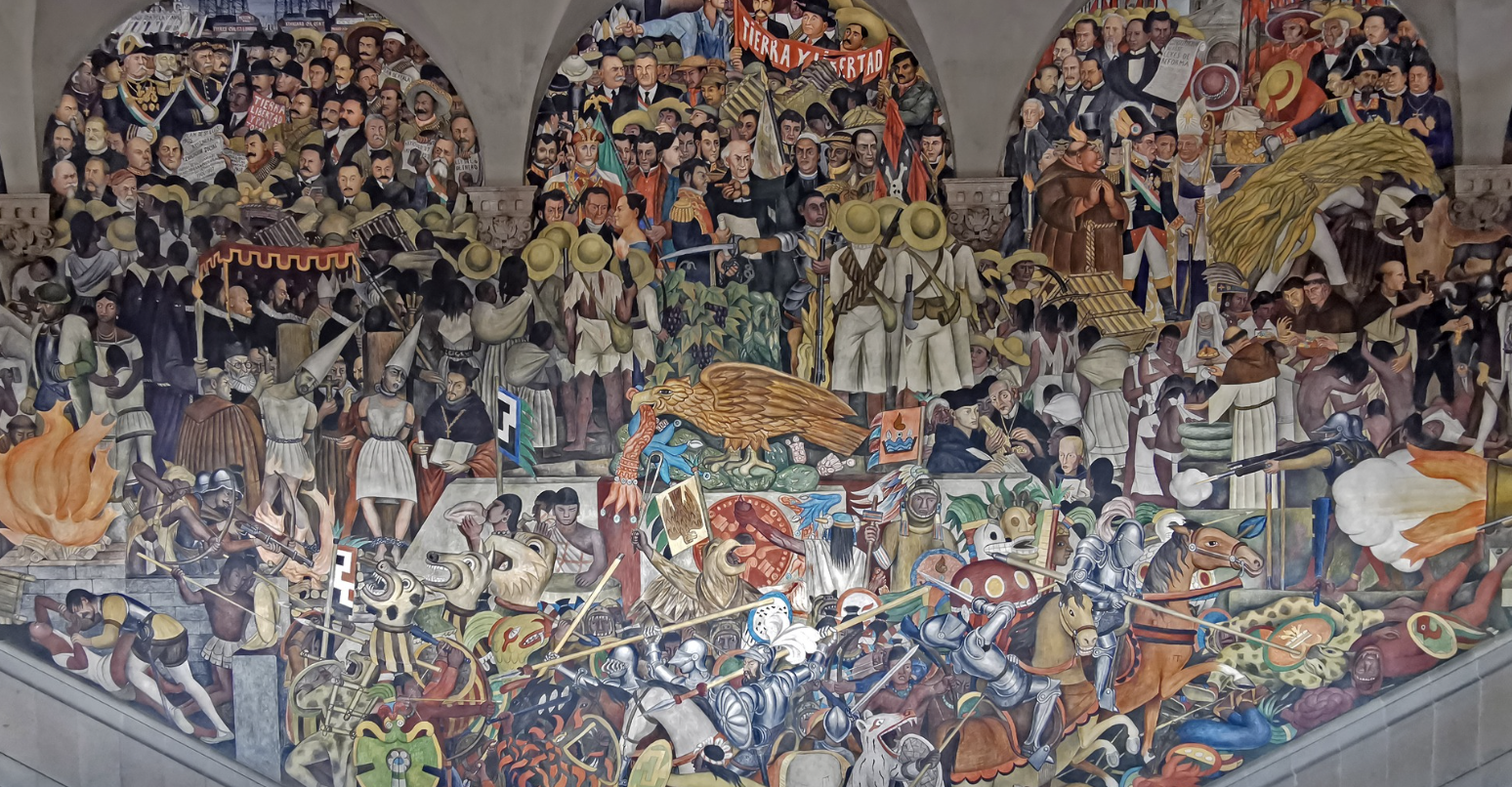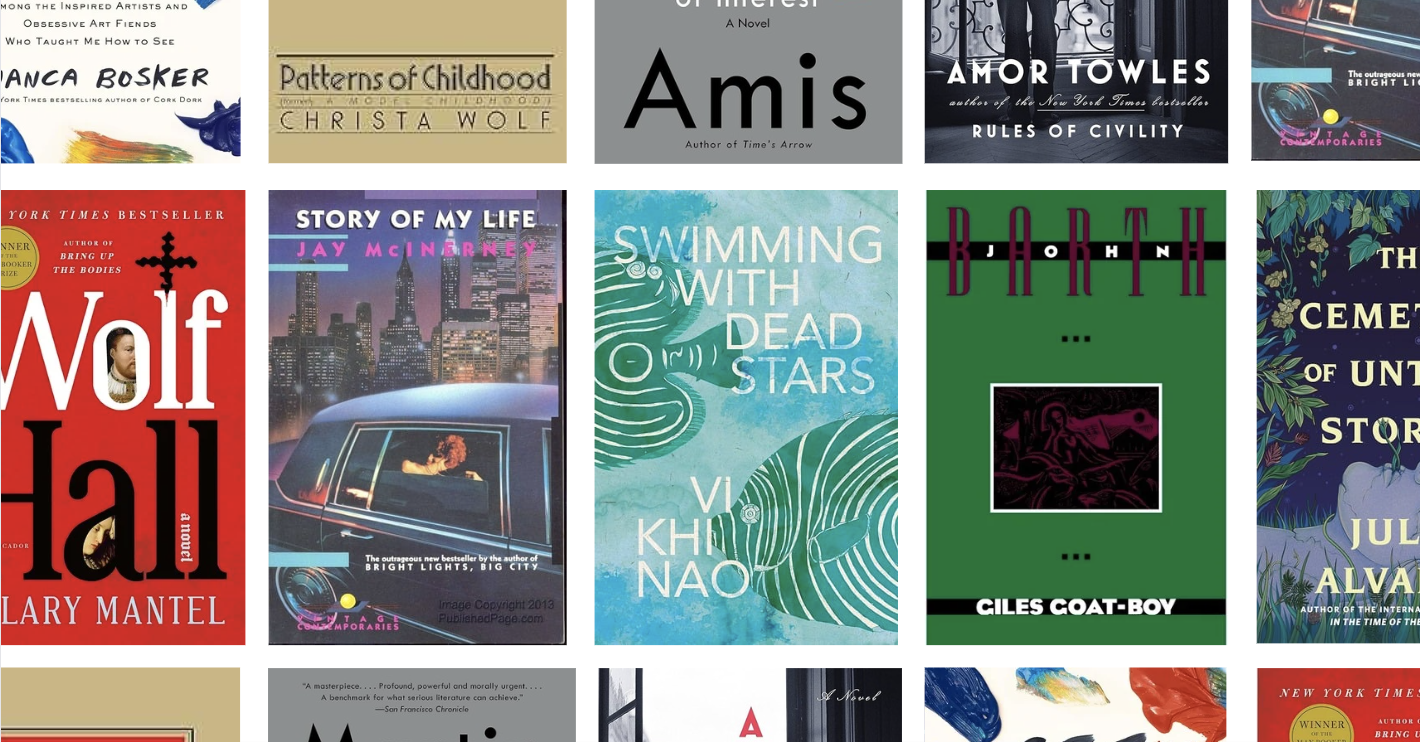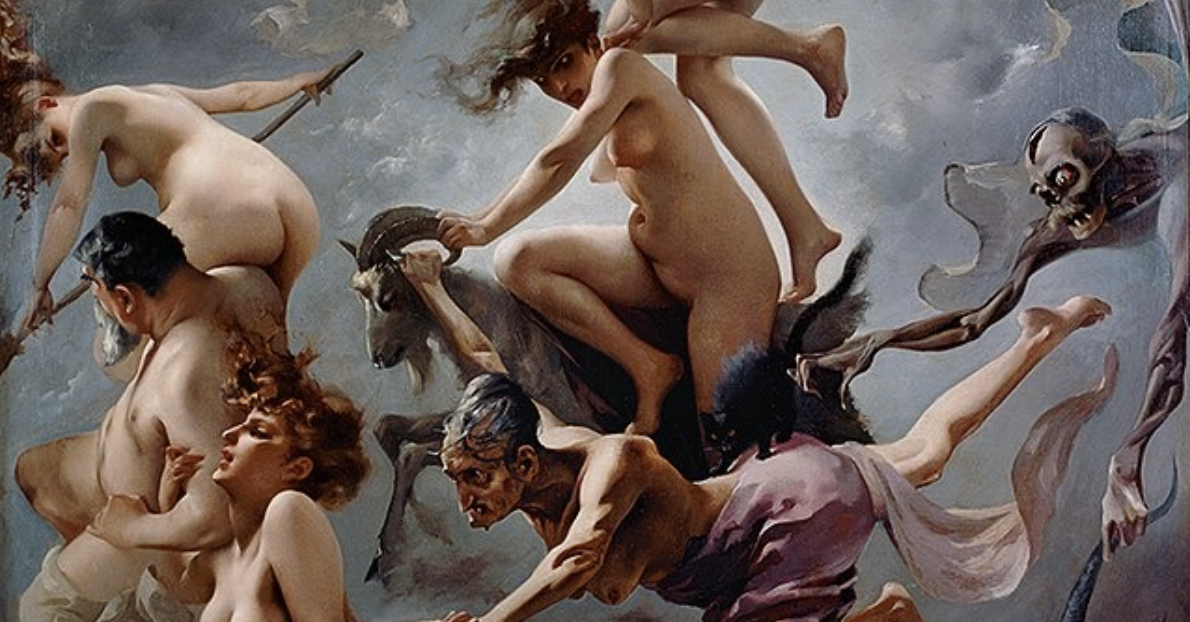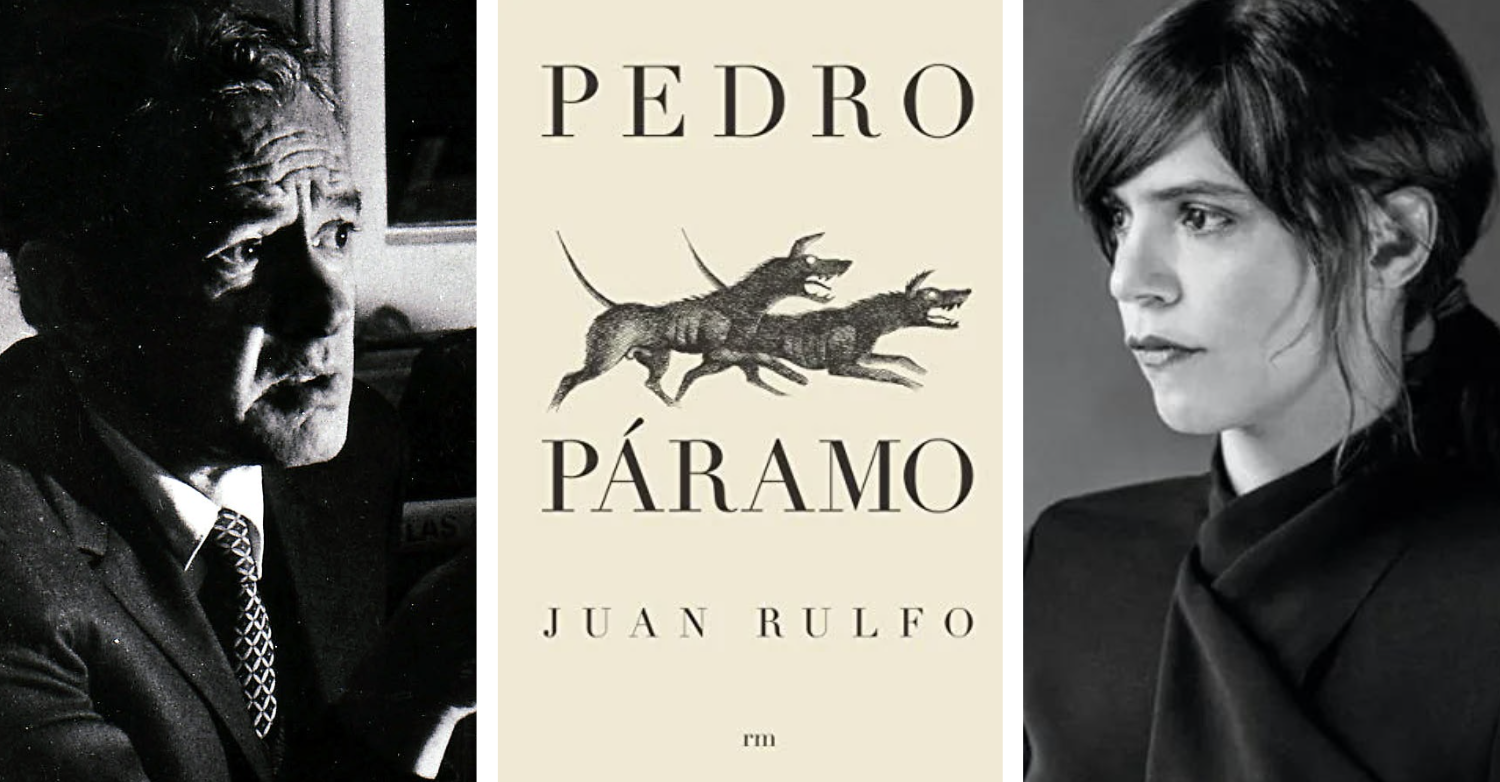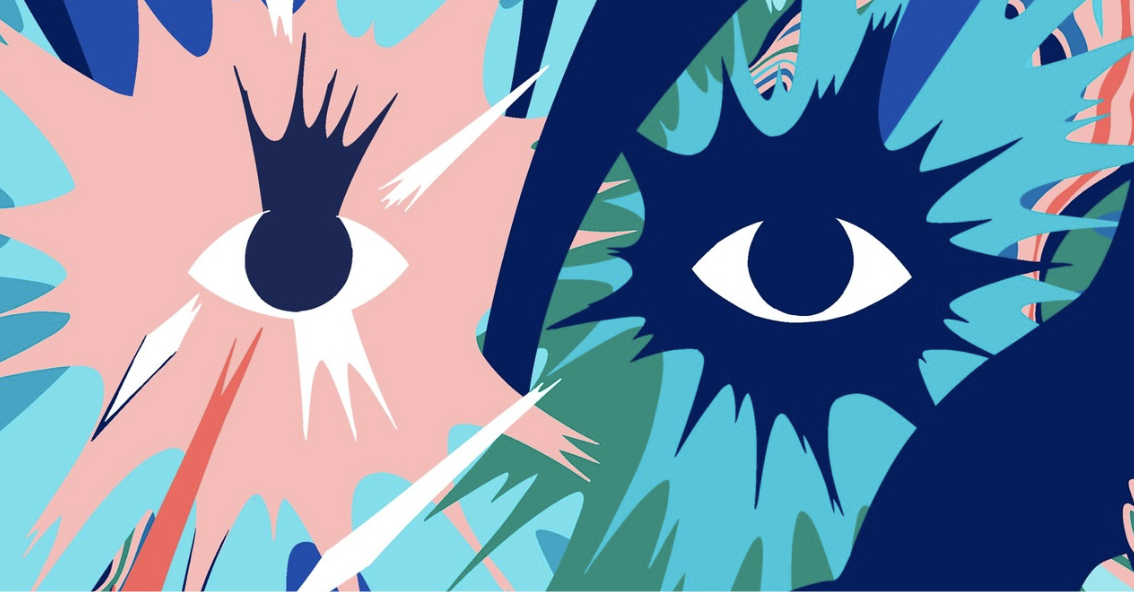Over the years, there has been some controversy over what constitutes the world’s longest novel. The Guinness Book of World Records gives the honor to Marcel Proust’s elephantine Remembrance of Things Past, weighing in at 9,609,000 characters (including spaces). Other commentators cite Henry Darger’s In the Realms of the Unreal, a 15,000 page, handwritten tome that has yet to see print. (Darger is said to have commented: “This is what you can do when you have no radio or television.”) Why write something so long? Armen Shekoyan, an Armenian writer committed to producing the world’s longest novel, says:
If you write a book according to the usual criteria, one person may like it, the other may dislike it, but when you write ten volumes, no one will say that the book is in eight.
Shekoyan, however, doesn’t comprehend the magnitude of the task he has set for himself. After all, what’s ten volumes compared to the 106 volumes of the Hakkenden, a Japanese epic running to 38 million words.
So, whose book is the biggest? The controversy will soon be put to rest, possibly for all time, when writer Richard Grossman installs his 3 million-page novel Breeze Avenue on a remote mountain in Kaha, Hawaii. Although it is unclear how many words Breeze Avenue comprises, an educated guess puts the count at over 1 billion.

 Breeze Avenue is part of Grossman’s American Letters Trilogy, the first two volumes of which, The Alphabet Man and The Book of Lazarus, were published by FC2. Grossman, and a cast of hundreds, have been working on the book for over thirty-five years, and it remains in a constant state of revision. Grossman tentatively plans to print just six copies of the book, each of which will comprise 4,000 volumes of 750 pages. One copy will be installed in a Hawaiian reading room, built for the project, and the other five will be sold in pieces online to approved buyers as objets d’art. There are also plans to make the entire work available online through a virtual reading room.
Breeze Avenue is part of Grossman’s American Letters Trilogy, the first two volumes of which, The Alphabet Man and The Book of Lazarus, were published by FC2. Grossman, and a cast of hundreds, have been working on the book for over thirty-five years, and it remains in a constant state of revision. Grossman tentatively plans to print just six copies of the book, each of which will comprise 4,000 volumes of 750 pages. One copy will be installed in a Hawaiian reading room, built for the project, and the other five will be sold in pieces online to approved buyers as objets d’art. There are also plans to make the entire work available online through a virtual reading room.
The book, much like Grossman’s first two novels, is radically experimental. Thousands of pages of poetry are translated into other languages – among them, Hebrew, Chinese, American Sign Language and various programming languages – and then back translated to create interchangeable sub-elements of which Grossman claims there are 1,000,000. Pictures of buyers, who must apply to purchase the book, will be incorporated into the text itself. Much of the writing is, in Grossman’s words, “differentiated and obfuscated. Like a labyrinth in which you can be lost to be found.” Despite all of the post-modern shenanigans, however, Grossman insists the book, which is loosely modeled on Dante’s Divine Comedy, has a definite narrative thread. The story involves a California retiree’s struggle to deal with the aftermath of a young, autistic woman’s death and prominently features Hasbro’s popular board game Scrabble.
Accompanying the book’s release, Grossman plans for a series of “performance readings.” One of these projects, a symphony played on an instrument of Grossman’s own design, has already taken place. The instrument, which Grossman refers to as the Car-iolon, is composed of thirteen cars (one of which he calls the harpsicar), which drive in tandem while playing music. The instrument plays a role in the book, and its first performance was held last Fall, with music specially composed for the event by Philip Glass. Other “readings” are planned to follow the book’s (tentative) release in 2008-2009.
Did Grossman set out to write the world’s longest book? “Not really,” he said. “It just kept coming together.”



